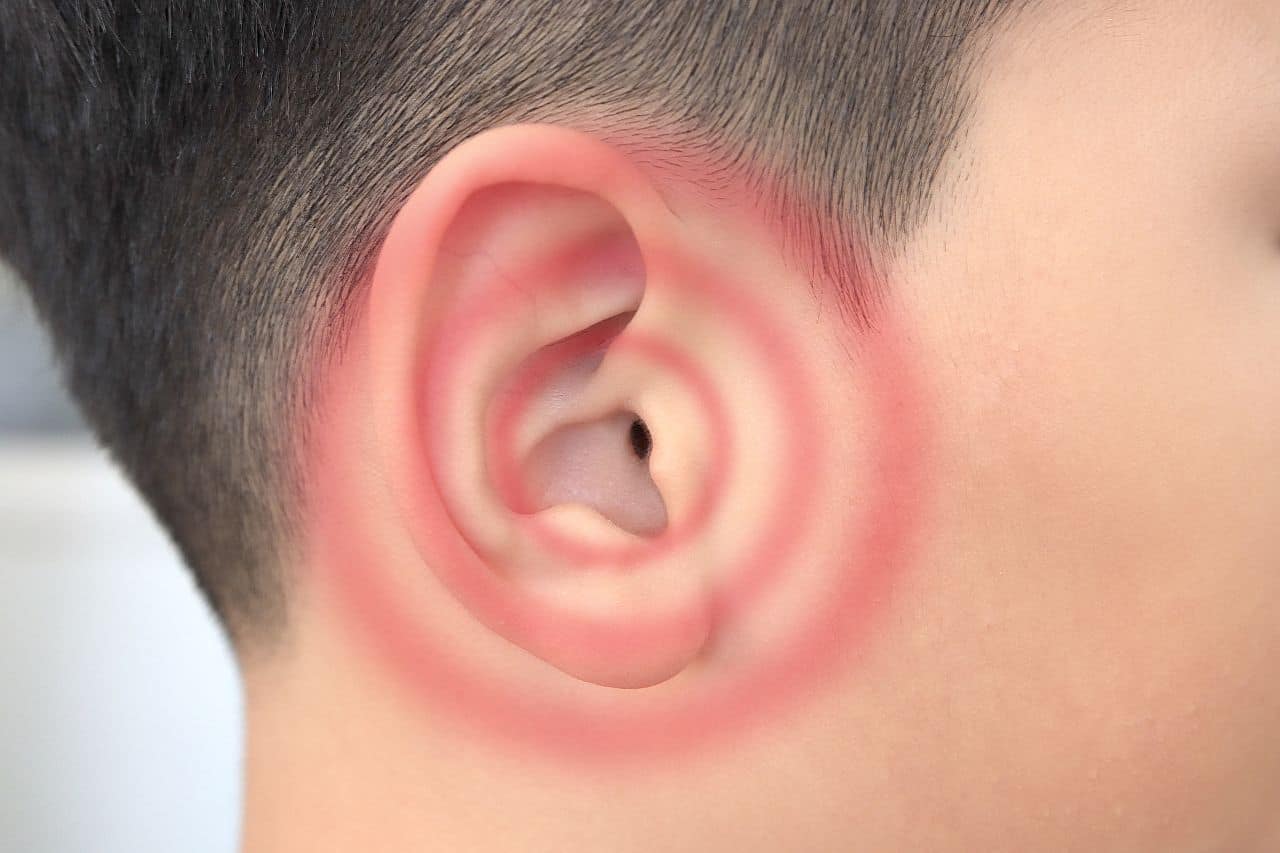Blog
Blog
Things to know about tinnitus

Tinnitus is commonly known as ringing in the ears but may be characterized by several noise patterns. It’s usually more distracting than harmful but should be investigated for potential underlying conditions. These insights will help you better understand your situation if you have tinnitus.
Tinnitus is a symptom, not a disease
Tinnitus may indicate hearing loss, but it may be related to other medical or health issues. An audiologist can distinguish between different types of noise for clues. If the noises you hear change at certain times of the day or when you turn your head, your tinnitus may indicate an issue with your cervical spine or temporomandibular joint, which connects your jawbone to your skull.
Additionally, if you have pulsatile tinnitus, a rhythmic noise like a heartbeat, it may indicate an issue with your heart or circulatory system.
Decreased sound tolerance or hearing loss
Tinnitus may be accompanied by decreased sound tolerance (DST), an experience of pain or discomfort from everyday sounds. You may sense the noise in your ears is blocking out external sound and making it difficult to hear. While it’s more likely that you have some undiagnosed hearing loss, our audiologists can also assess, diagnose and treat stand-alone decreased sound tolerance issues.
While earplugs may help you deal with noise sensitivity, overusing them may be harmful. Specialized electronic hearing protection can gently amplify the external sounds you need to hear while offsetting tinnitus-related noise. An assistive listening device may help balance your perception of external sounds versus disruptive internal noise. An audiologist can help you determine whether you might benefit from one of these solutions.
Stress and sleep
Sometimes, the only apparent trigger for tinnitus is stress. Even if another underlying condition is the cause, your frustration with the noise may exacerbate it. While you can’t always eliminate your sources of stress, you may be able to manage your response. Your audiologist may advise you on mindfulness stress reduction practices to help you “tune out” the unwanted noise.
Good sleep hygiene is essential to your ability to cope and may alleviate your tinnitus. Try to address any issues causing sleep difficulties. If your tinnitus itself interferes with sleep, ambient noise from a sound machine may offset the distracting noise. You may find it more effective if you keep it running throughout the day.
Tinnitus treatment in Alberta
Soundwave Hearing Care provides treatment for tinnitus, hyperacusis and hearing loss. With the only team of audiologists in western Canada certified in Tinnitus Retraining Therapy (TRT), we help clients of all ages manage and alleviate the discomfort and distraction of tinnitus and decreased sound tolerance. You can find us in Calgary, Grande Prairie, Lethbridge or High River. To schedule a consultation, contact Soundwave Hearing Care today.
All the blogs are reviewed and edited by our clinic's lead audiologist, Dr. Anne Wooliams. Dr. Woolliams is an experienced audiologist specialized in pediatric audiology, auditory processing, and tinnitus/sound sensitivity therapy. She is dedicated to providing top-notch hearing care and helping her clients improve their language and communication abilities. Dr. Woolliams' expertise in literature and linguistics, combined with her passion for helping people improve their language and communication, make her an incredibly valuable asset in the field of audiology. Learn more about Dr. Woolliams.
